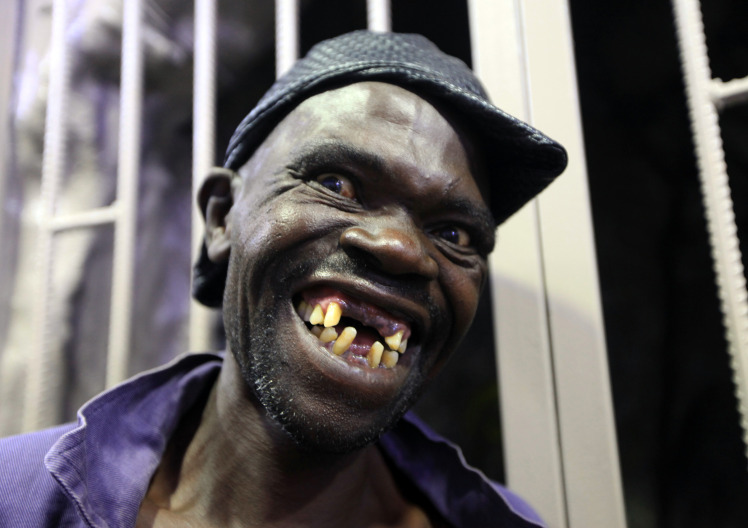
The world is so passionate to celebrate beauty, which is sold as a blessing to those who hold it and censors ugliness, despite that each person might have defects.
BY WINSTONE ANTONIO
Talking of prestigious beauty pageants like Miss World, where girls from all nations walk the ramp to celebrate beauty, in Zimbabwe we also celebrate the other side of beauty — ugliness — which some people try desperately to cover up with make-up.
The desire for beauty has seen some women risk permanent facial deformation as they apply dodgy skin lighteners, desperate to be fair-skinned in the belief that fairer skin is the definition of beauty.
Some have gone further to take drugs to improve their backside features in an attempt to emulate internationally celebrated singer Jenifer Lopez, in the process adding serious risk to their health.
Beauty is in the eyes of the beholder, goes a popular saying which seeks to go beyond facial and physical body features to define beauty.
The question therefore arises, do people just admire individuals and call them beautiful or are they really beautiful? Again, do they label someone ugly simply because of abhorrence?
While covering the Mr Ugly pageant in the capital recently, a lot of questions on the definition of beauty and its opposite got less answers from different conversations that dominated the evening.
- Chamisa under fire over US$120K donation
- Mavhunga puts DeMbare into Chibuku quarterfinals
- Pension funds bet on Cabora Bassa oilfields
- Councils defy govt fire tender directive
Keep Reading
The pageant (Mr Ugly) has gained so much popularity that last year it even grabbed international headlines and later received overwhelming endorsements, in sharp contrast to what it was during its inception in 2011 where the founder, David “Apama” Machowa had to inject his personal resources.
After being endorsed, Machowa has since set his sights on establishing Mr Ugly Africa and Mr Ugly World, saying while beauty models make money from their looks, ugly people should have the same opportunity.
Some schools of thought suggest the issue of beauty and ugliness are divergent perceptions held by individuals.
In the humanities and social sciences, it is widely accepted that beauty is socially constructed according to time and space, while in the sciences, it is argued that certain features are biologically more aesthetically pleasing than others across time and space.
People who spoke to The Standard Style expressed mixed feelings over the subject, arguing that if beauty was in the eyes of the beholder, ugliness must be there too.
“There are different degrees where at some point you can define something as beautiful or ugly. Beauty is harmony, things in perfect proportion while ugly is a contrast, where the elements stand out against each other. Beauty is absolute,” said Brian Mutasa of Westgate.
Nqobile Mpofu believes there is no such a thing as ugly as beauty varies from culture to culture.
“If you are defined as ugly in one’s culture, it does not mean you will be ugly everywhere you go. Even the prettiest people as defined by America, can be the ugliest people in many other cultures,” Mpofu said.
“There is a certain proportion of regularity for facial features which defines beauty. I believe it is to do with the size and position of eyes, mouth and nose. I guess if your face ‘fits’ this perfect ratio, you may be seen as beautiful,” said Abraham Tembo of Sunningdale.











